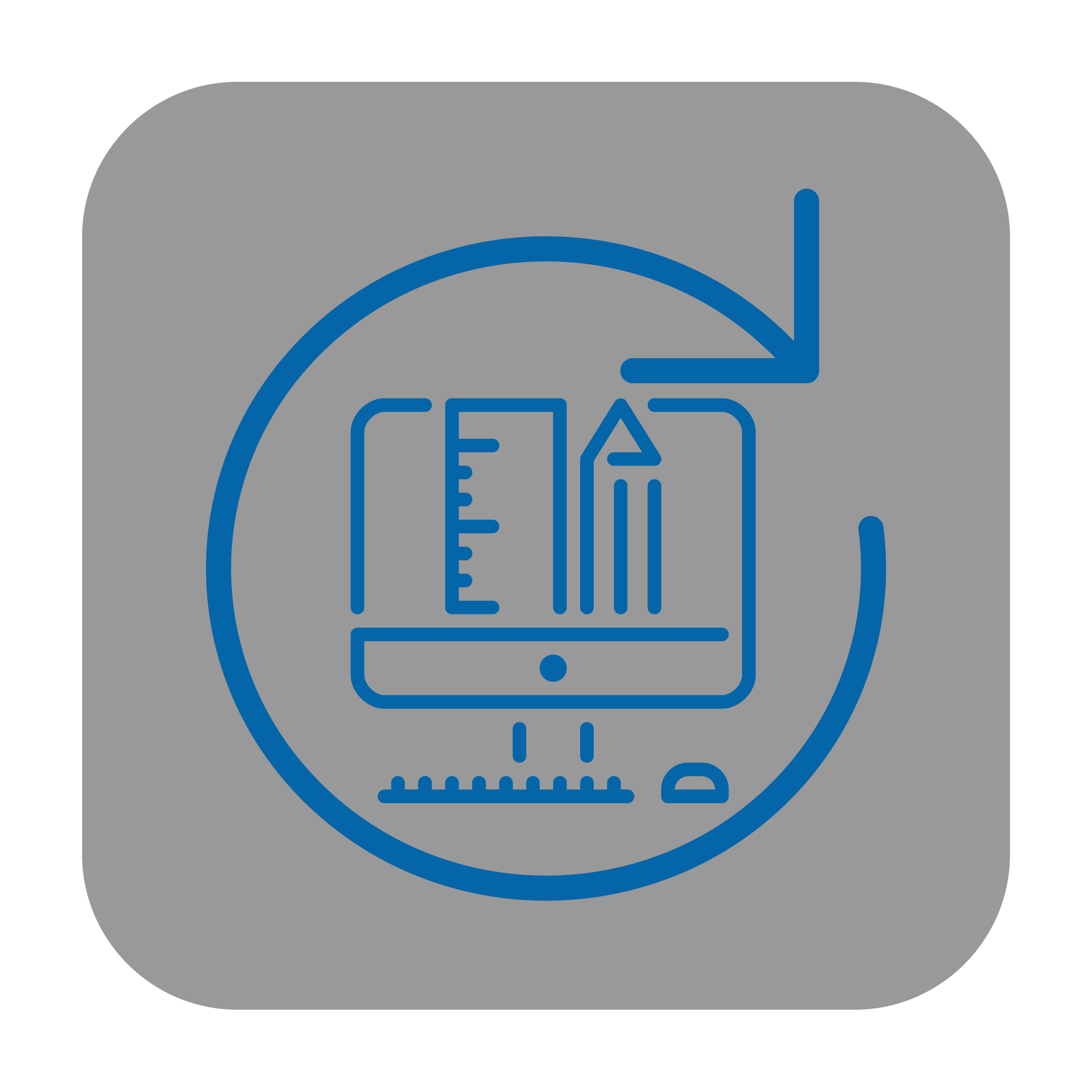Data Analyst

- Certification
As a candidate for this certification, you should have subject matter expertise in designing, creating, and managing analytical assets, such as semantic models, data warehouses, or lakehouses. Your responsibilities for this role include: Prepare and enrich data for analysis Secure and maintain analytics assets Implement and manage semantic models You work closely with stakeholders for business requirements and partner with architects, analysts, engineers, and administrators. You should also be able to query and analyze data by using Structured Query Language (SQL), Kusto Query Language (KQL), and Data Analysis Expressions (DAX). Important The English language version of this certification will be updated on October 31, 2025. Review the study guide linked in the Certification resources section for details about upcoming changes.

- Certification
As a candidate for this certification, you should deliver actionable insights by working with available data and applying domain expertise. You should: Provide meaningful business value through easy-to-comprehend data visualizations. Enable others to perform self-service analytics. As a Power BI data analyst, you work closely with business stakeholders to identify business requirements. You collaborate with analytics engineers and data engineers to identify and acquire data. You use Power BI to: Prepare the data Model the data Visualize and analyze data Manage and secure Power BI You should be proficient at using Power Query and Data Analysis Expressions (DAX).

- Applied Skill
To earn this Microsoft Applied Skills credential, learners demonstrate the ability to implement a lakehouse in Microsoft Fabric, including: Creating and managing a lakehouse Ingesting and transforming data Querying and exploring lakehouse data Candidates for this credential should be familiar with data modeling, data transformation, and exploratory analytics. They should also be able to query and change data by using SQL or PySpark.

- Applied Skill
To earn this Microsoft Applied Skills credential, learners demonstrate the ability to implement a Real-Time Intelligence solution in Microsoft Fabric, including: Preparing a Real-Time Analytics environment Creating and loading data from external sources Loading and processing streaming data by using Eventstreams Exploring and manipulating data Visualizing and exporting data Candidates for this credential should be familiar with data transformation, exploratory analytics, and real-time dashboards. They should also be proficient in KQL.

- Applied Skill
To earn this Microsoft Applied Skills credential, learners demonstrate the ability to implement a data science solution by using Microsoft Fabric, including: Ingesting, loading, exploring, and preparing data Training, tracking, and scoring a model Candidates for this credential should be familiar with data science and AI fundamentals, in addition to open-source frameworks, such as scikit-learn and SynapseML. They should also have experience with: Python MLflow Synapse Data Science in Microsoft Fabric
